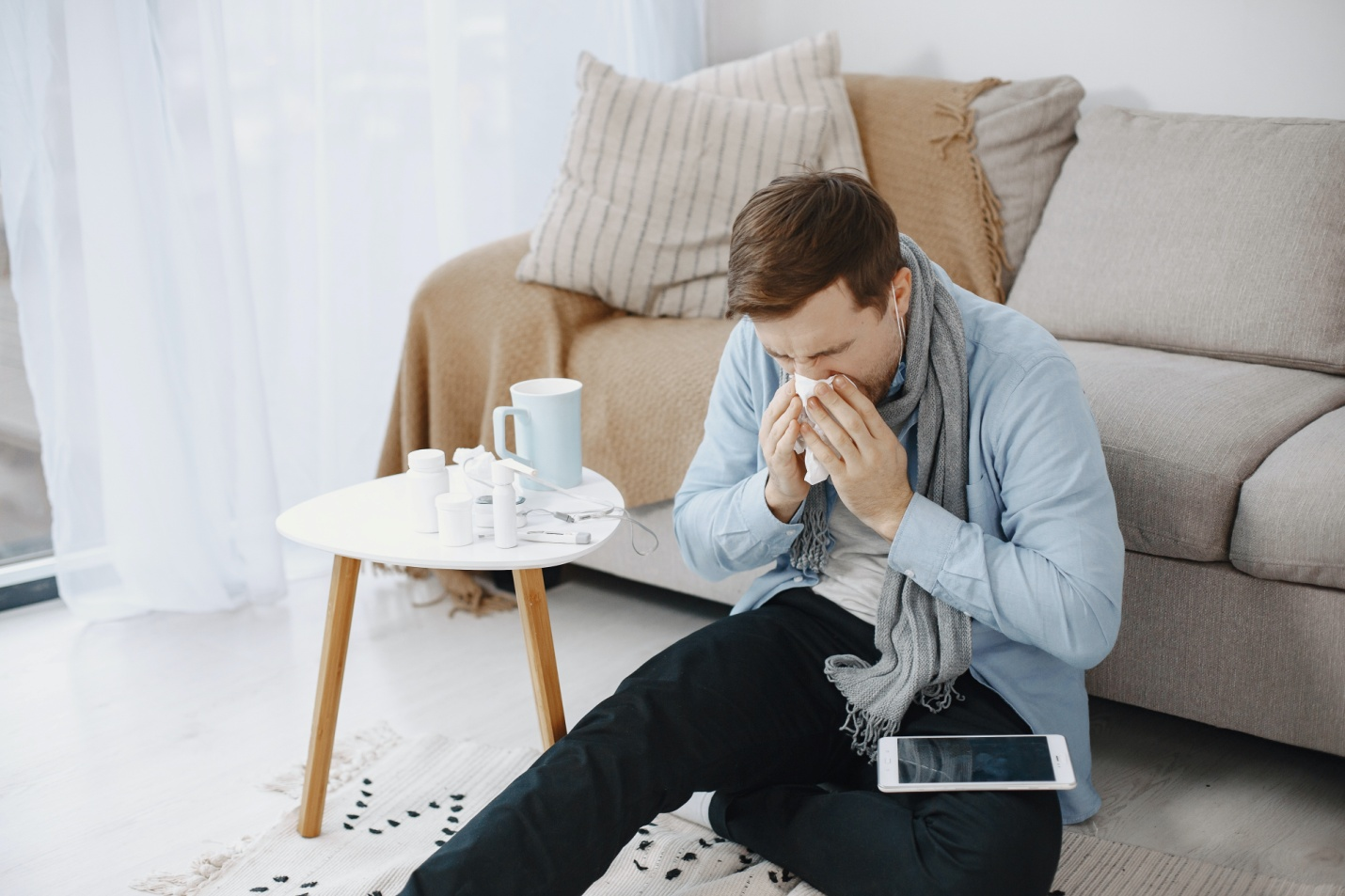How to Manage Seasonal Allergies
Sore throat, runny nose, watery eyes, and loud sneezes—it sounds like it’s allergy season! In many parts of the US, the allergy season starts in early February during spring and lasts till late summer. Millions of people are diagnosed with some kind of allergy every year, with most suffering from food allergies in the US alone.
Allergies are your bodily reactions to anything ranging from food, pollen, and animal dander to harmless substances. Anything that would trigger your allergy can result in mild rashes, watery eyes, runny nose, swollen face, continuous sneezes, or in worst cases, hay fever and anaphylaxis, which could prove to be fatal.

Know Your Triggers
An allergy is simply an exaggerated reaction of your immune system inflating due to anything in your environment. To manage allergies, it is best to know what triggers them so that you may avoid those triggers next time. Here is how you can know your triggers:
- Keep track of your symptoms: As your allergies flare up, make a note of what activity was possibly responsible for that. For instance, lawn mowing or gardening could lead to a flare-up.
- Keep an eye on the weather forecast: Pollen levels increase during rainy weather. It would be difficult to step out without experiencing an allergic reaction.
- Monitor the pollen type: Check out whether it's tree, ragweed, or grass that makes you uncomfortable and to what degree.
Once you get to know your triggers, it is easier to avoid them and manage your seasonal allergies efficiently. However, if you notice persistent cough, recurring sinus infection, or difficulty breathing, take plenty of rest at home and book an online appointment with our virtual doctor to rule out the possibility of asthma or other health conditions similar to seasonal allergies.

How to Manage Seasonal Allergies
When it comes to managing seasonal allergies, there are no one-size-fits-all remedies. What works best for you may not be suitable for someone else. It all depends on a combination of different tips, techniques, and medicines. Here is a list of tips that help manage seasonal allergies:
- Avoid your triggers if you know them.
- Try over-the-counter medication. Stock the pills you need to take in case of an allergic reaction. You can consult a virtual telemedicine doctor for allergiesto discuss online prescriptions for allergy medications.
- Use nasal sprays, nebulizers, or steam to unclog your airways and sinuses.
- Drink herbal teas with honey. Honey in warm water is a known home remedy that soothes allergic reactions.
Home Remedies Not Helping You? Talk to an Online Doctor Now!
Seasonal allergies can get complex and deadly. For this reason, we recommend getting online professional consultations and getting yourself treated by virtual doctors at TelMDCare.
Contact us if you have any more queries on managing seasonal allergies.